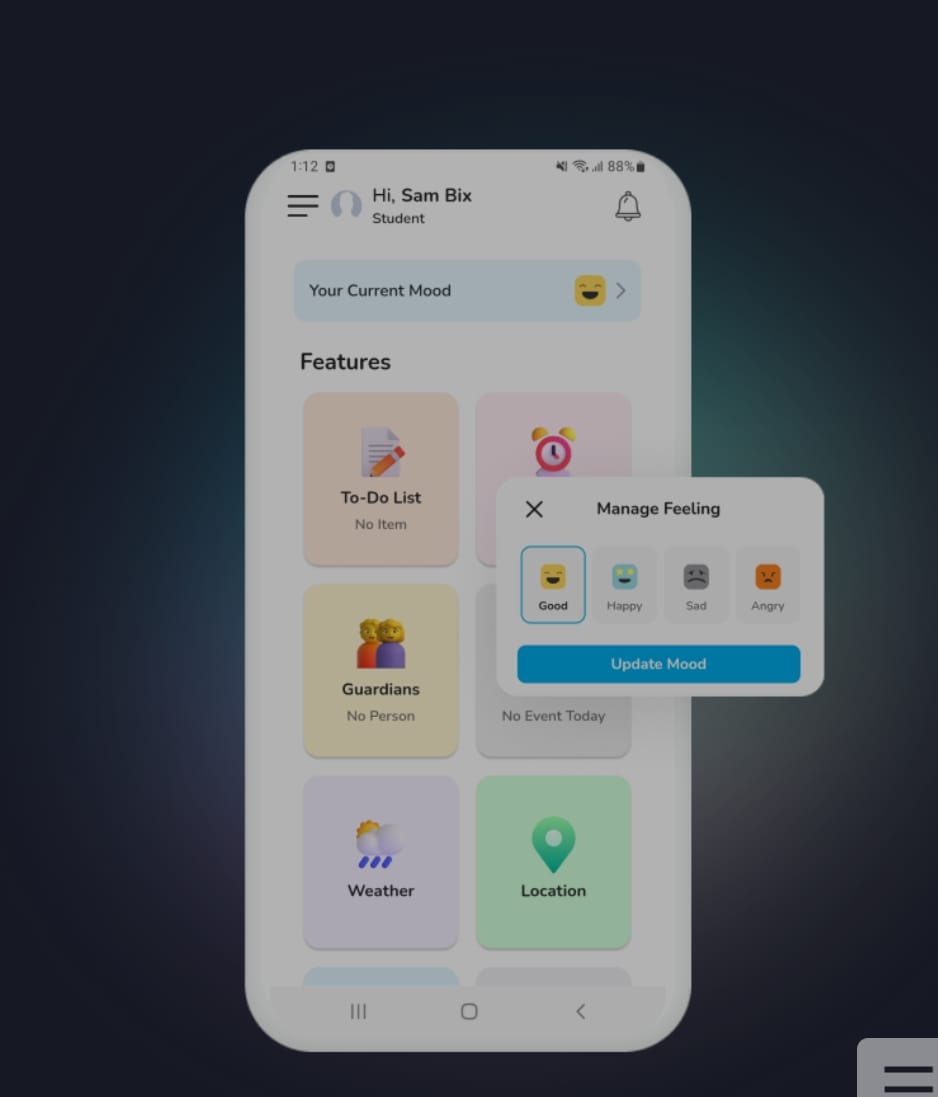In the ever-evolving landscape of developmental disabilities support, staying informed about policy changes is crucial. This blog provides a comprehensive overview of recent policy changes in the Developmental Disabilities Administration (DDA). These changes reflect ongoing efforts to enhance services, address emerging needs, and promote a more inclusive and person-centered approach to supporting individuals with developmental disabilities.
-
Shift Towards Person-Centered Planning: Recent policy changes in DDA underscore a significant shift towards person-centered planning. The emphasis is now on tailoring support services to individual preferences, strengths, and goals. This approach aims to empower individuals with developmental disabilities to actively participate in decisions about their lives and services.
-
Expansion of Home and Community-Based Services (HCBS): Recognizing the importance of fostering independence and community inclusion, DDA has expanded Home and Community-Based Services. This includes an increased focus on providing support within individuals' homes and communities, promoting a more integrated and person-centric approach to care.
-
Enhanced Family Support Programs: Recent policy changes have led to the enhancement of family support programs within DDA. This includes increased funding and resources for families caring for individuals with developmental disabilities, aiming to strengthen the support network and improve overall family well-being.
-
Transition Planning and School-to-Work Initiatives: DDA has placed a greater emphasis on transition planning, particularly for individuals moving from school to adulthood. New policies aim to facilitate a smoother transition, providing vocational training, employment support, and community engagement opportunities to enhance the overall transition experience.
-
Telehealth and Remote Services: In response to the global shift towards digital services, recent policies within DDA have embraced telehealth and remote service delivery models. This ensures that individuals with developmental disabilities have continued access to essential services, even in situations where in-person interactions may be limited.
-
Crisis Intervention and Behavioral Support: Policy changes have prioritized crisis intervention and behavioral support services within DDA. This includes training and resources for caregivers and support staff to effectively address challenging behaviors, ensuring the safety and well-being of both individuals and their support networks.
-
Increased Collaboration with Community Partners: DDA has implemented policies that encourage increased collaboration with community partners, including non-profit organizations, schools, and healthcare providers. This collaborative approach aims to create a more integrated and comprehensive support system for individuals with developmental disabilities.
-
Streamlined Eligibility and Application Processes: Recognizing the importance of accessibility, recent policies have focused on streamlining eligibility determination and application processes. This aims to make it easier for individuals and their families to access DDA services promptly, reducing administrative barriers.
-
Emphasis on Data-Driven Decision Making: Recent policy changes underscore the importance of data-driven decision-making within DDA. This includes the collection and analysis of data to continuously evaluate the effectiveness of services, identify areas for improvement, and ensure that resources are allocated where they are most needed.'
see more:-


